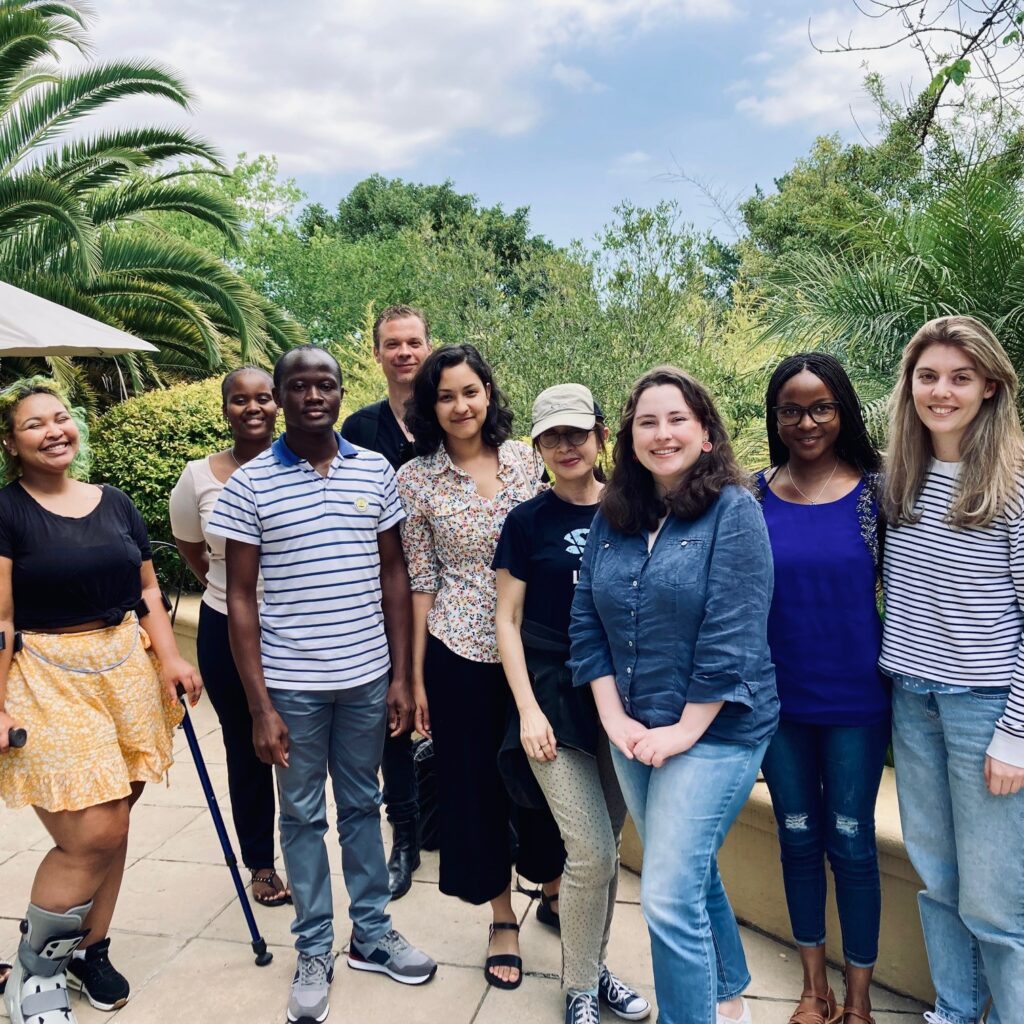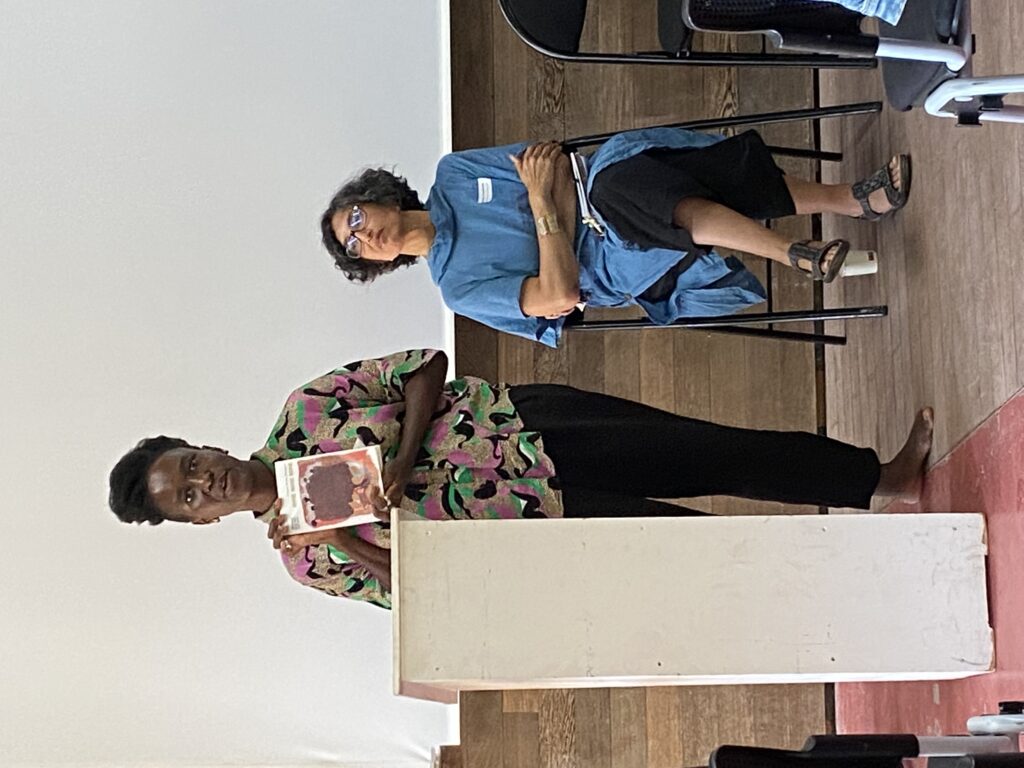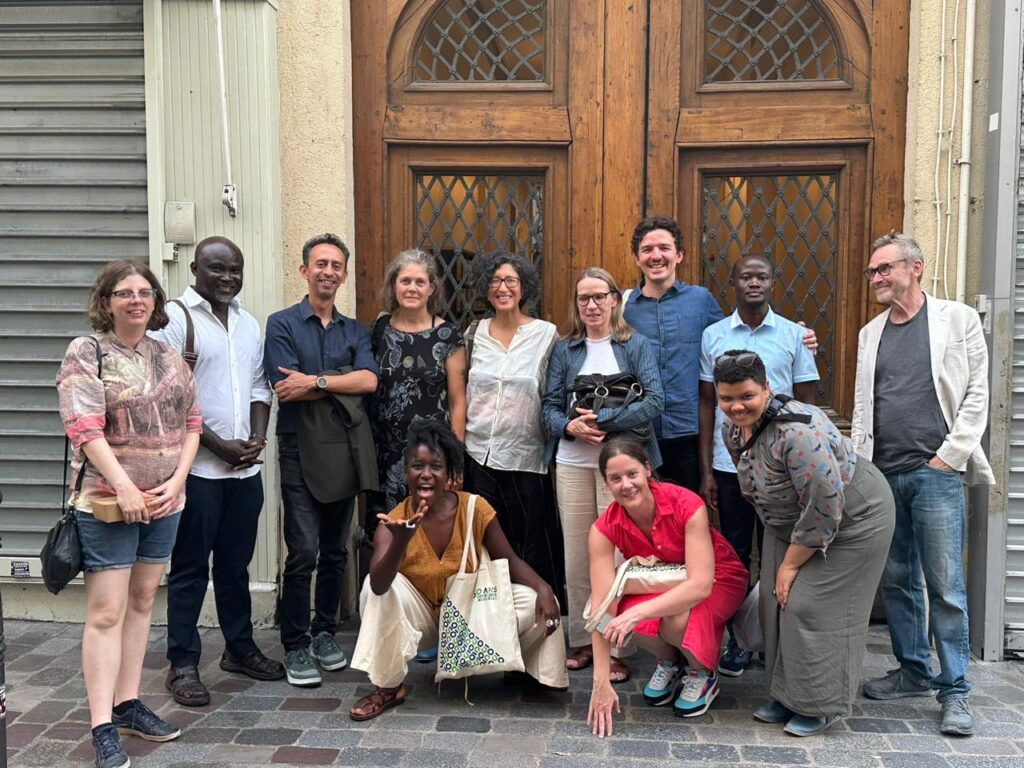The event was part of the EACLALS 2023 conference at the Sorbonne Nouvelle, “Imagining Environmental Justice in a Postcolonial World”. A sizeable Stellenbosch contingent including Prof. Louise Green, Dr Eckard Smuts, Prof. Maria Olaussen, Mr Fred Aluoch and Dr Megan Jones presented work on topics from plastic, to photography, to islands, to rivers and even to the politics of sand.
Category: Uncategorised
Postdoctoral Fellowship
Subcommittee A: Postdoctoral Research Fellowship for 2023
Department of English, Stellenbosch University
(This grant of R250 000.00 is awarded for one year, with possible extension to a second year depending on availability of funds)
Host: Dr Jeanne Ellis, Department of English, Stellenbosch University
Project Title: Nineteenth-Century Settler Colonialism Re-Storied and Re-Staged
Scope of Research: Given the popular trend in recent historical fiction to return to the Victorian era and the critical attention it has received, particularly under the rubric of neo-Victorian studies, this project endeavours to establish the fictional turn to histories of settler colonialism as an especially productive site for theorising the possibilities and risks of the neo-Victorian. Lorenzo Veracini’s contention that “[t]he stories settlers tell themselves and about themselves are crucial to an exploration of settler colonial subjectivities” (Settler Colonialism, 103) provides the point of departure for its proposition that the restorying of nineteenth-century settler colonialism in literary texts, theatrical production, films, television series, and visual art from the perspective of post-settler subjects whose genealogies are entangled with such histories continue to warrant close, sustained scrutiny. Noting the dearth of published research on the role of theatre in neo-Victorianism’s critical revision of settler colonial histories, this project provides a research opportunity to a young scholar whose graduate research on a relevant aspect of South African theatre studies and / or neo-Victorian studies has established the appropriate foundation for collaborative and independent publication on the restaging – as a counterpart term to restorying – of nineteenth-century settler histories.
Requirements: PhD (must have graduated within the last five years). The applicant’s doctoral research and the application for the fellowship should intersect with the field of study outlined above. The postdoctoral fellow will be expected to write and submit at least two articles to accredited journals by the end of the funded period and to teach one second-year English Studies elective in the second semester of 2023.
Postdoctoral research fellows are not eligible for employee benefits since they are registered as fellows and their bursaries are awarded tax free.
Please send your CV and a 1000-word project proposal to Jeanne Ellis at jellis@sun.ac.za.
The closing date for applications is 23 May 2023.
Dr Lauren van der Rede awarded BECHS-Africa Fellowship
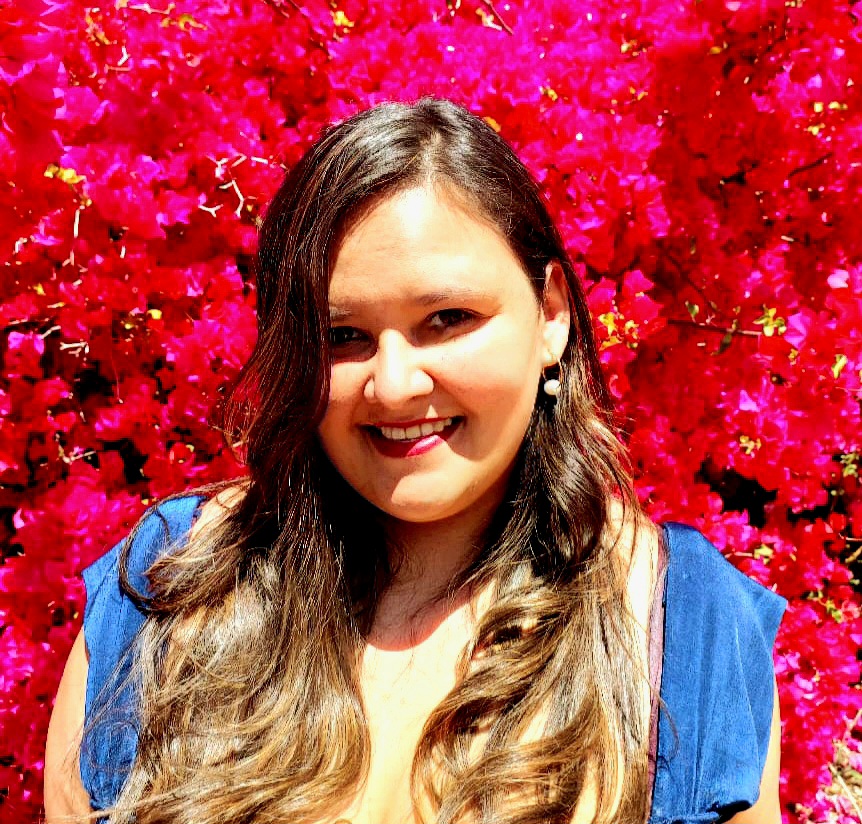
Dr Lauren van der Rede, currently a lecturer in the Department of English at Stellenbosch University, has been awarded the BECHS-Africa Fellowship and will be in residence as an Early Career Humanities Scholar at the University of Ghana in the latter half of 2023. Her research thinks the intersection of annihilatory violence, such as genocide, literary and cultural studies, and psychoanalysis from and through Africa in relation to the question of memory. She received her PhD in English Literature from the University of the Western Cape, where she was also a Next Generation Researcher based at the Centre for Humanities Research (CHR). Beyond developing her own scholarship, as part of her time at the University of Ghana, she will also offer a workshop focused around her research.
Professors Louise Green and Tina Steiner among top three nominations for Academy of Science South Africa Humanities book award.
Louise Green’s Fragments from the History of Loss: The Nature Industry and the Postcolony (Penn State, 2020) was described by the Review Panel as, “exceptionally well-written, powerful, provocative and an excellent scholarship across a range of disciplines”, while Tina Steiner’s Convival Worlds. Writing Relation from Africa (Routledge, 2021) was recognised as “an excellent text that is well-written and beautifully theorized”.
Congrats to both! The awards ceremony will take place in March 2023.


Talking Across Cultures Invitation
As part of a South-South collaborative project between Dr BMN College (Autonomous) in Mumbai, the postgraduate Department of English, SNDT Women’s University in Mumbai, and the English Department at Stellenbosch University, we invite you to two public lectures taking place at STIAS on Thursday, the 6th April between 10 and 11am.
Prof Mala Pandurang (Dr BMN College): Global South Connectivities: Exploring Pedagogical Possibilities, and Dr Dhrupadi Chattopadhyay (SNDT Women’s University): Feminist assemblages in the Global South: Notes from contemporary Literary Practices.
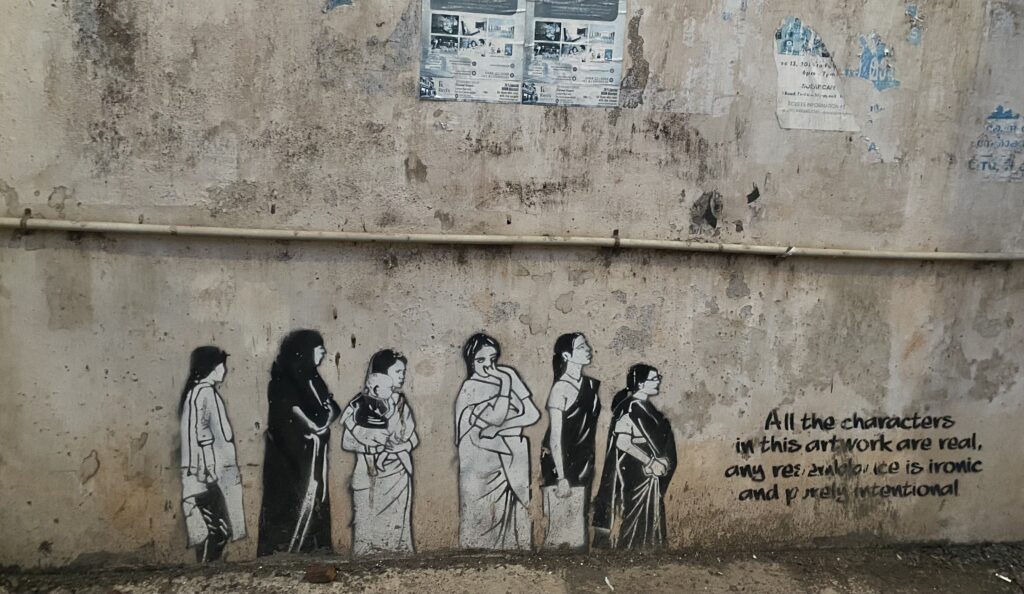
Teaching and Learning
Dr Nadia Sanger and Dr Megan Jones received a FINLO award to run a hybrid learning initiative with the English Department’s Honours students and MA students under the supervision of Dr Dhrupadi Chattopadhyay, SNDT University, Mumbai. The project is titled, “South-South Feminisms: A Feminist Approach to Cross-Cultural Learning”.
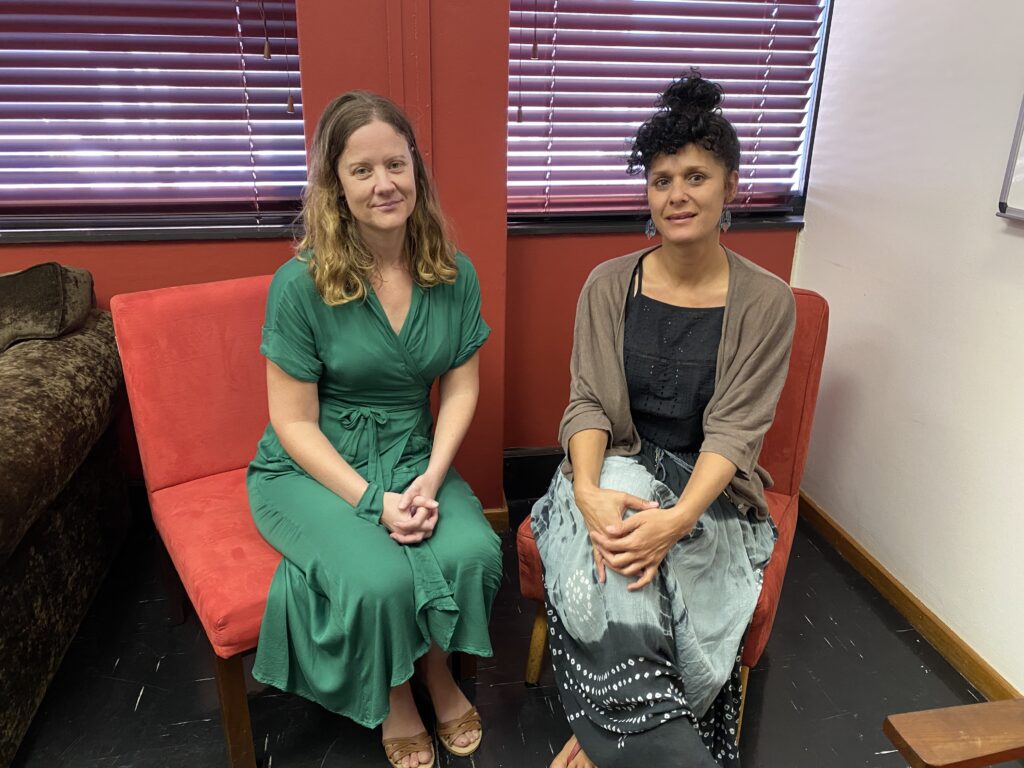
Recent Publications
Congratulations to Dr Uhuru Phalafala on the publication of two new volumes:
Keorapetse Kgositsile: Collected Poems, 1969-2018 (co-edited with Phillippa Yaa De Villiers), University of Nebraska Press, 2023.
Mine Mine Mine, University of Nebraska Press, 2023.
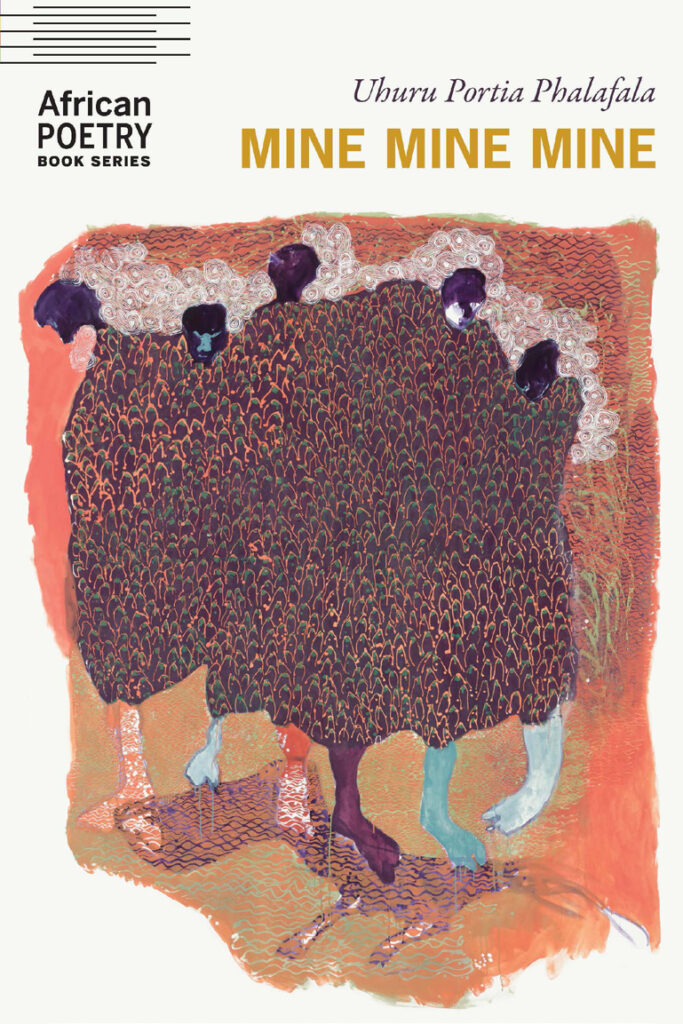
Dr Eckard Smuts
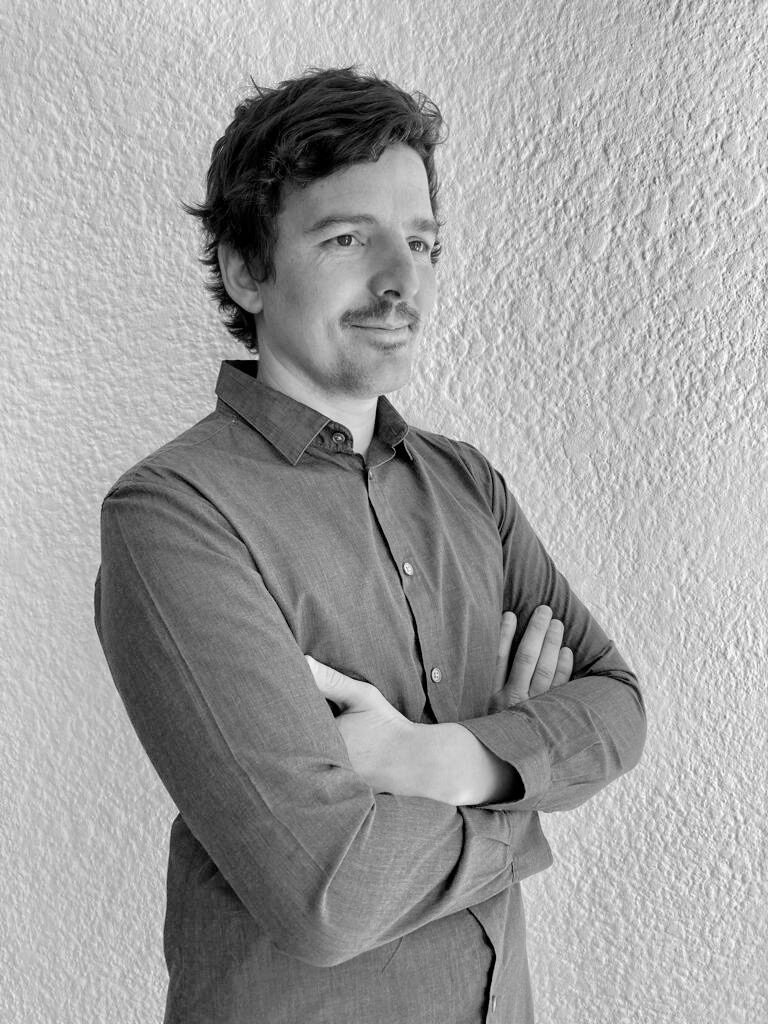
TEACHING AREAS
Environmental Literature, Ecocriticism, (Southern) African Literature, Postcolonial & World Literatures, Critical Temporalities
RESEARCH AREAS
Environmental Humanities, (Southern) African Literature, Postcolonial Literature, Critical Temporalities
PUBLICATIONS
PEER-REVIEWED JOURNAL ARTICLES
“Elemental Humanity in Bessie Head’s When Rain Clouds Gather.” English Studies in Africa 66.1 (2023). 1-13. https://doi.org/10.1080/00138398.2023.2128490
“From Apartheid to the Planetary Present: Breaching Time in Nadine Gordimer’s Something Out There.” Social Dynamics 48.2 (2022). 207-223. https://doi.org/10.1080/02533952.2022.2085856
“The ‘baboon boy’ of the Eastern Cape and the making of the human in South Africa.” Social Dynamics 44.1 (2018). 146-157. https://www.tandfonline.com/doi/abs/10.1080/02533952.2018.1430477
“J.M. Coetzee’s Age of Iron and the Poetics of Resistance.” Journal of Commonwealth Literature 52.1 (2017). 70-83. https://journals.sagepub.com/doi/full/10.1177/0021989415589832
“‘The Country of his Heart’: J.M. Coetzee, Wordsworth and the Karoo Farm.” English in Africa 42.2 (2015). 7-24. https://www.ajol.info/index.php/eia/article/view/122983
“J.M. Coetzee and the Politics of Selfhood.” English in Africa 39.1 (2012). 21-36. https://journals.co.za/content/iseaeng/39/1/EJC125856
“Reading Through the Gates: Structure, Desire and Subjectivity in J.M. Coetzee’s Elizabeth Costello.” English in Africa 36.2 (2009). 63-77. https://journals.co.za/content/iseaeng/36/2/EJC47986
BOOK CHAPTERS
“Life & Times of Michael K” in The Bloomsbury Handbook to J.M. Coetzee, Lucy Graham and Andrew van der Vlies (eds.) (forthcoming 2023)
CREATIVE WRITING
“Let The Worms Have It”, short story, Johannesburg Review of Books, Vol. 6, Issue 6 (December 20, 2022). https://johannesburgreviewofbooks.com/2022/12/20/fiction-issue-read-let-the-worms-have-it-a-new-short-story-by-eckard-smuts/
“HomeTM”, short story, Johannesburg Review of Books, Vol. 6, Issue 2 (May 2, 2022). https://johannesburgreviewofbooks.com/2022/05/02/new-short-fiction-home-by-eckard-smuts/
Congratulations
Congratulations to Dr Uhuru Phalafala, who earned a Y1 NRF rating in November 2022, within five years of graduating with her PhD. As previously reported, Dr Phalafala was also recognized by the Future Professors program.
The Department of English also extends its warmest congratulations to former PhD student, Dr Jacky Kosgei on her tenure track appointment at the University of Tübingen, Germany, from January 2023. She has been hired on a professorial track in English in the field of “Culture of Knowledge/Global Epistemologies”.
Dr Rose Lim successfully defended her PhD viva in December 2022, with much praise from the examination panel for her thesis.
Finally, Department of English Research Associate, Dr Wesley Macheso, received an honourable mention for his article on transgender memoirs by South Africans in this year’s Queer African Studies Association competition for best article by an emergent scholar.
The Department warmly congratulates Dr Phalafala, Dr Kosgei, Dr Lim, and Dr Macheso for their fine and significant achievements to draw a busy and productive 2022 to a close.
Article Writing Workshop for Senior Graduate Students and Staff, Friday, 4 November 2022
Drawing on the expertise of visiting Professor Extraordinaire, Prof Meg Samuelson (University of Adelaide) and visiting researcher Assistant Professor Dr Martin Moraw (American University Cairo), the English Department recently invited graduate students and staff to a workshop on how to write for journal publication. This workshop took place on Friday 4 November at Devon Valley Hotel and Conference Centre.
Professor Samuelson looked at questions like ‘Why is it important to publish my research?’, ‘How do I identify a good publication outlet that fits my research?’, ‘How do I avoid predatory journals?’ and ‘How do I create an article out of a thesis chapter?’
Dr Moraw used one of his publications as a case study for the session on how to structure an argument and Professor Steiner, co-editor of the Taylor and Francis Journal Eastern African Literary and Cultural Studies explained the review process and how to deal with the reviewers’ feedback in revising articles for publication.
